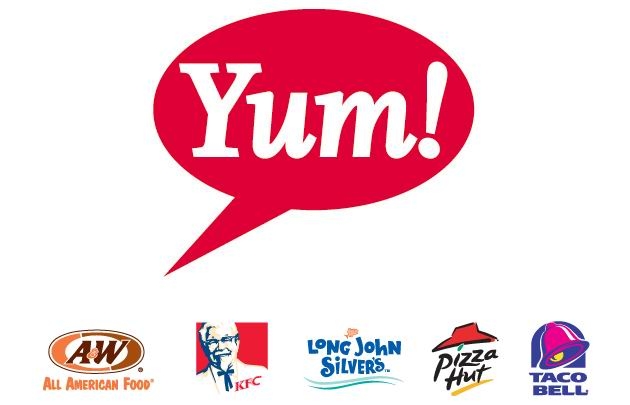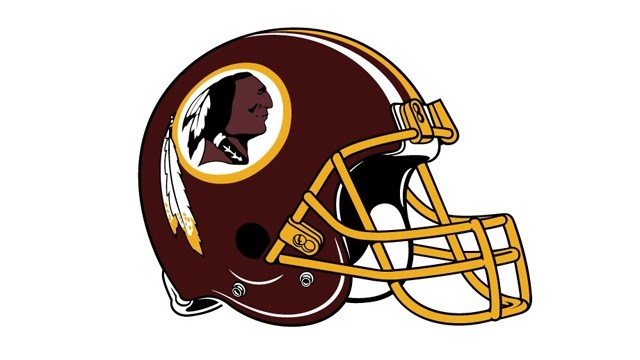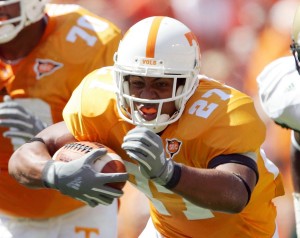Yum! brands, which is comprised of fast food giants, KFC, Pizza Hut, and Taco Bell, recently announced its goal of adding 1000 new locations in India. This strategic adjustment was made after two decades of hyper-focusing on China, when recently revenues have begun to fall. Currently, China, with a population of 1.35 billion people, has more than 6000 store locations, and conversely, India, with a population of 1.24 billion people, only has 613 restaurants. 
In 2012, Yum made $100 million in India, and within 2 years of beginning the expansion they expect to see an increase to $1 billion. To make this expectation a reality Yum is using the information they learned from China and implementing it in India. These tactics include: offering specialized dishes and putting the locations all around the country and not just in the big cities. Some of the localized special dishes that will become available are rice bowls, butter chicken, and paneer pizza. These will be successful in there respective locations because they are meals that the Indian people can identify with. Moreover, Yum has realized that in a country with over 1 billion people, nearly anywhere you put a store there will be positive profit. The Chief Financial Officer, Richard Carruci said “I think that traditionally, when we opened up countries, we concentrated a lot on the capital cities and the bigger cities,” but in India, “we’re going to cities outside the major cities quite quickly.”
Ultimately, this energy shift from China to India will prove to be profitable because of the largely untapped fast food market existing there.
Do you believe that India lack of development compared to China will prove to be a massive issue when further expanding?


Recent Comments